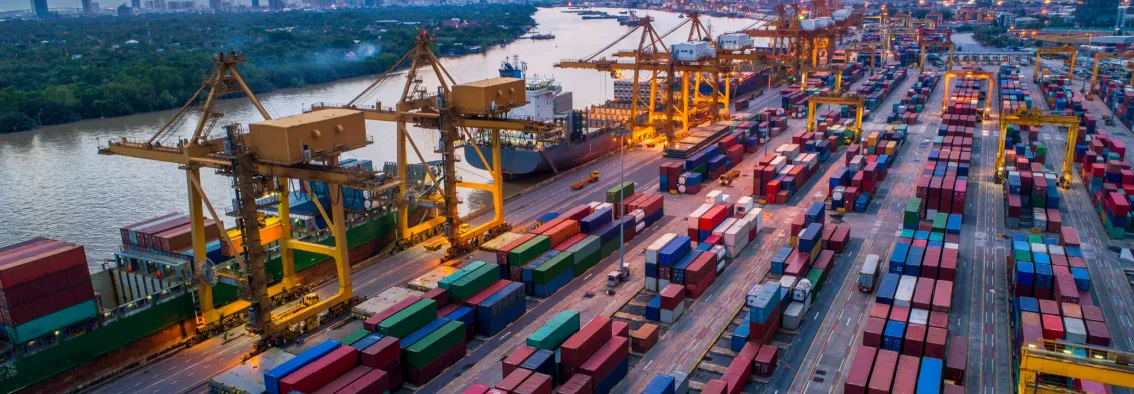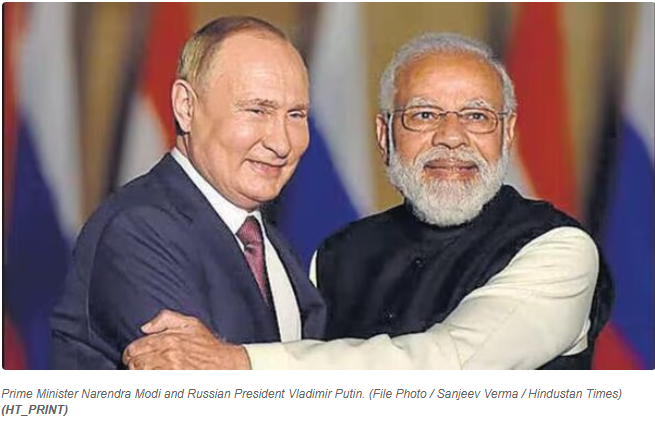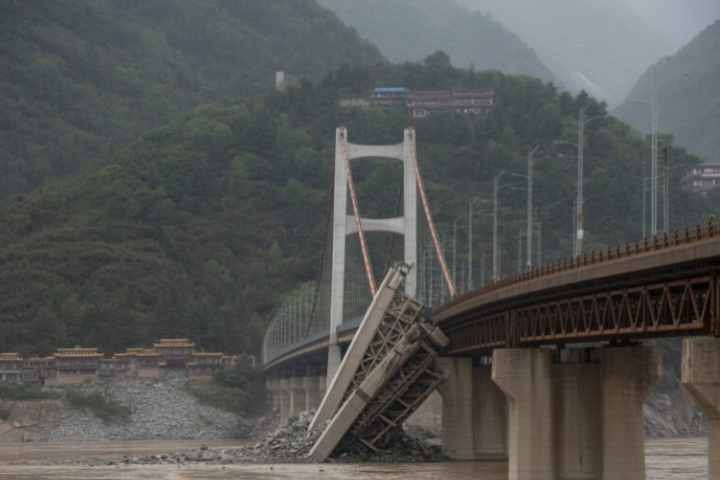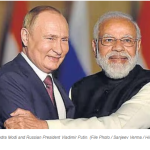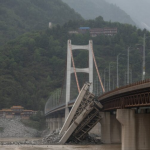BEIJING — As China’s economy encounters growing challenges, the spotlight is shifting from surface-level symptoms to the deeper causes of these issues. Analysts suggest that the roots of China’s economic troubles are intertwined with the limitations of its authoritarian governance, which may be restricting the nation’s potential for sustainable growth and innovation.
China has a storied history of innovation, with contributions that have shaped the world—from the invention of the compass to the creation of paper money. However, since the Maoist revolution, the nation’s creative energies have often been redirected under the strict control of communist rule. The Chinese Communist Party (CCP) has prioritized maintaining control, sometimes at the expense of fostering the kind of innovation that characterized earlier periods in Chinese history. Instead of cultivating new ideas, the CCP has developed sophisticated mechanisms of population control, such as the controversial re-education camps. This redirection of creativity underscores the broader impact of authoritarian rule on human progress.
The economic outcomes of this approach become more apparent when compared to the trajectory of Taiwan, a nation that, despite its smaller size and geopolitical pressures, has nurtured a culture of creativity and innovation. Taiwan has emerged as a global leader in industries such as semiconductor manufacturing, a sector critical to the modern economy. The contrast between Taiwan’s success and the CCP’s model of “socialism with Chinese characteristics” raises questions about the long-term viability of China’s economic strategy.
Central to China’s economic challenges is the CCP’s emphasis on collective thought and state control. This approach prioritizes compliance and order over creativity and innovation, essential components of economic growth in today’s global economy. The consequences of this approach are evident in China’s reliance on extensive borrowing and an overbuilt real estate sector. The proliferation of “ghost cities,” where entire developments remain uninhabited, symbolizes the inefficiencies that can arise from an economy driven more by state directives than market demand.
The COVID-19 pandemic further exposed the limitations of China’s centralized, top-down governance. As the virus spread, local initiatives and creative solutions were often overshadowed by strict directives from Beijing. This centralized approach not only delayed the initial response to the outbreak but also highlighted the dangers of intellectual dependence on the state. China’s eventual vaccine development, while a significant achievement, struggled to match the speed and efficacy of Western alternatives, illustrating the difficulties of innovating within a system where intellectual freedom is restricted.
China’s economic strategy also reveals a deep focus on the material aspects of growth—such as infrastructure development, production quotas, and GDP targets—often at the expense of the cultural and intellectual freedoms that support long-term economic success. This emphasis on “hardware” over “software” contrasts sharply with the approach seen in the United States, where economic success has been built on a foundation of individual rights, free speech, and innovation. The U.S. Constitution’s protections of human rights and individual liberties have created an environment where new ideas can flourish, driving technological advancements and economic resilience.
This fundamental difference in governance philosophy explains why the United States continues to lead in global innovation, while China often finds itself struggling to move beyond imitation and intellectual property disputes. As China seeks to transition from a manufacturing-based economy to one driven by technology and services, these challenges are becoming increasingly pronounced.
Moreover, China’s approach to international trade and intellectual property has raised concerns globally. Practices such as intellectual property theft and economic coercion have strained relationships with key trading partners, potentially jeopardizing China’s standing in the international community. While these tactics may yield short-term economic benefits, they risk undermining China’s credibility and long-term prospects, particularly in an era where trust and collaboration are crucial for economic success.
As China confronts its current economic challenges, including a deflating property bubble and rising youth unemployment, the limitations of its economic model are becoming harder to ignore. The CCP’s traditional methods of economic stimulation—such as infrastructure spending and loose monetary policy—appear increasingly inadequate to address the deeper structural issues at play. Analysts argue that without a shift toward a governance model that embraces more individual freedom and intellectual independence, China may struggle to achieve the kind of long-term prosperity it seeks.
The path to sustainable economic success, as evidenced by other global powers, lies not in tighter state control or more elaborate five-year plans, but in adopting principles that have proven effective elsewhere. These principles include the protection of property rights, freedom of thought and expression, and the rule of law. However, embracing such a model would require significant changes in China’s current governance structure—a prospect that seems unlikely given the CCP’s deep-rooted commitment to maintaining its control over society.
Without these changes, China risks being caught in a cycle of diminishing returns, where the potential for innovation and growth is continually hampered by the constraints of authoritarian governance. The looming economic challenges, from a sagging real estate market to increasing dissatisfaction among the youth, serve as a reminder that the CCP’s model may be reaching its limits. The situation China faces is a stark illustration of the broader challenges of authoritarian governance in the modern world.
